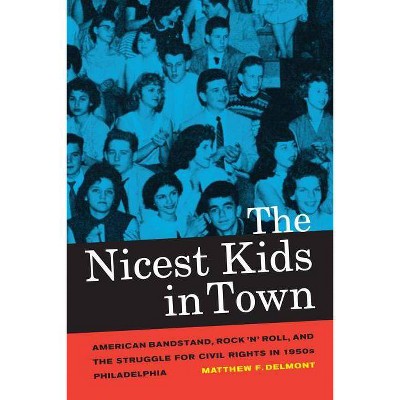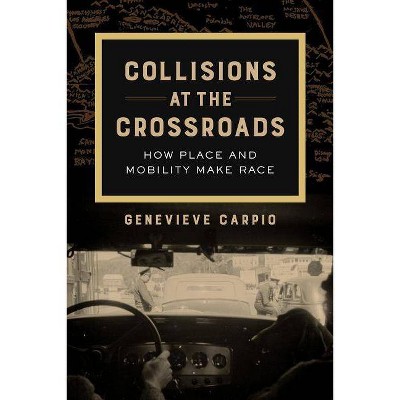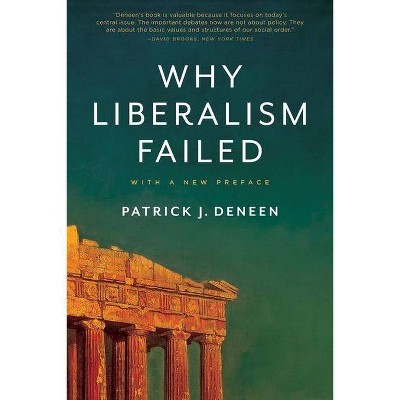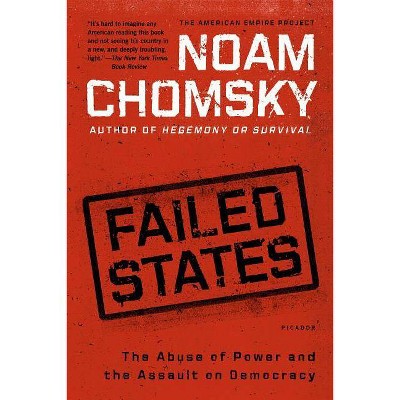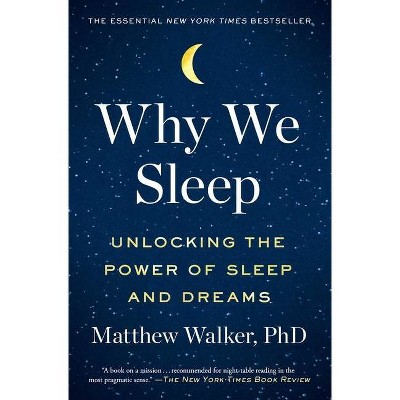Why Busing Failed, 42 - (American Crossroads) by Matthew F Delmont (Paperback)
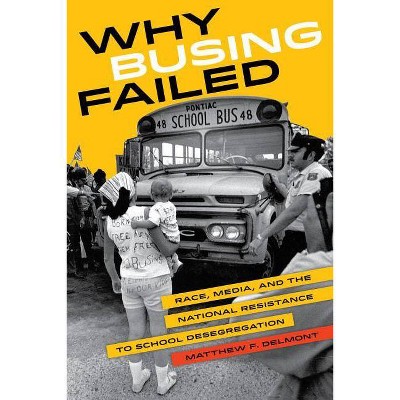
Similar Products
Products of same category from the store
AllProduct info
<p/><br></br><p><b> About the Book </b></p></br></br>"Busing, in which students were transported by school buses to achieve court-ordered or voluntary school desegregation, became one of the nation's most controversial civil rights issues in the decades after Brown v. Board of Education (1954). Examining battles over school desegregation in cities like Boston, Chicago, New York, and Pontiac, [this book posits that] school officials, politicians, courts, and the news media valued the desires of white parents more than the rights of black students, and how antibusing parents and politicians borrowed media strategies from the civil rights movement to thwart busing for school desegregation"--Provided by publisher.<p/><br></br><p><b> Book Synopsis </b></p></br></br>In the decades after the landmark <i>Brown v. Board of Education</i> Supreme Court decision, busing to achieve school desegregation became one of the nation's most controversial civil rights issues. <i>Why Busing Failed</i> is the first book to examine the pitched battles over busing on a national scale, focusing on cities such as Boston, Chicago, New York, and Pontiac, Michigan. This groundbreaking book shows how school officials, politicians, the courts, and the media gave precedence to the desires of white parents who opposed school desegregation over the civil rights of black students.<br /> <br /> This broad and incisive history of busing features a cast of characters that includes national political figures such as then-president Richard Nixon, Chicago mayor Richard J. Daley, and antibusing advocate Louise Day Hicks, as well as some lesser-known activists on both sides of the issue--Boston civil rights leaders Ruth Batson and Ellen Jackson, who opposed segregated schools, and Pontiac housewife and antibusing activist Irene McCabe, black conservative Clay Smothers, and Florida governor Claude Kirk, all supporters of school segregation. <i>Why Busing Failed </i>shows how antibusing parents and politicians ultimately succeeded in preventing full public school desegregation.<p/><br></br><p><b> From the Back Cover </b></p></br></br>"With <i>Why Busing Failed</i> Matthew Delmont dispels the conventional wisdom on segregation and its convenient narrative of Southern demagogues and Northern heroes. In these pages is a thoroughly chronicled, frustrating history that establishes segregation as a national system and demonstrates its tragic impact upon American education today. This book should be required reading."--Jelani Cobb, author of <i>The Substance of Hope: Barack Obama and the Paradox of Progress</i> <p/> "In this important work, Matthew Delmont takes the biggest scapegoat for our failure to integrate our schools, and then systematically dismantles the story we thought we knew. <i>Why Busing Failed </i>dispels the all-too-convenient narrative about the disaster of busing as a tool for integration and instead shows that, as black activists noted decades ago, the problem was never the bus, it was us. Carefully researched and compellingly written, <i>Why Busing Failed</i> is an indictment of both politicians and mainstream news organizations that aided and abetted small numbers of white parents in shifting the national narrative of integration from a constitutional and moral imperative to an impossible inconvenience."--Nikole Hannah-Jones, <i>The New York Times Magazine</i> <p/> "Delmont tells an eye-opening story of the struggle for school desegregation outside the South in the wake of the civil rights movement. The Southern campaign received at least moderately positive media coverage. But as Delmont reveals in this deeply researched and engagingly written history, the situation was very different in places like New York, Chicago, Pontiac, Michigan, and--most famously--Boston. Delmont shows how Northern anti-segregation activists were able to mobilize the 'busing' issue, along with the media strategies of the Southern civil rights movement, to generate sympathetic media treatment. This book provides a much-needed corrective to the enduring assumption that the American mass media were cheerleaders in the fight for racial equality in the 1960s and 70s."--Aniko Bodroghkozy, author of <i>Equal Time: Television and the Civil Rights Movement</i><p>"Matthew Delmont's brilliant study of 'busing' upends much of what we think we know about the media and the civil rights movement. If you want to understand where we are today in this country--and why school segregation is so ubiquitous and so accepted--read this book. 'Busing' didn't fail; our resolve to desegregate schools did. This may be the most important book you read this year."-- Jeanne Theoharis, Distinguished Professor of Political Science at Brooklyn College and author of<i> The Rebellious Life of Mrs. Rosa Parks</i></p><p/><br></br><p><b> Review Quotes </b></p></br></br><br>"<i>Why Busing Failed</i> is an ambitious and well-researched account of an important aspect of the struggle for racial and educational equality in the United States."-- "Pacific Historical Review" (7/11/2018 12:00:00 AM)<br><br>"By looking at the antibusing uprisings that were presented in mainstream media, this recommended narrative presents civil rights through the lens of media studies and offers an entirely new way of seeing how recent history was written."-- "Library Journal" (3/15/2016 12:00:00 AM)<br><br>"Meticulous and insightful. . . . Delmont's critique is tough but fair."-- "The Boston Globe" (3/31/2016 12:00:00 AM)<br><p/><br></br><p><b> About the Author </b></p></br></br><b>Matthew </b><b>F.</b><b>Delmont</b> is Professor of History at Arizona State University and author of <i>The</i><i> Nicest</i><i> Kids</i><i> in</i><i> T</i><i>own: </i><i> American </i><i>Bandstand, </i><i> Rock </i><i>'n'</i><i> Roll, </i><i> and</i><i> the</i><i> Struggle </i><i>for</i><i> Civil</i><i> Rights </i><i>in</i><i> 1950s</i><i> Philadelphia</i>.
Price History
Cheapest price in the interval: 23.99 on October 22, 2021
Most expensive price in the interval: 23.99 on November 8, 2021
Price Archive shows prices from various stores, lets you see history and find the cheapest. There is no actual sale on the website. For all support, inquiry and suggestion messagescommunication@pricearchive.us
